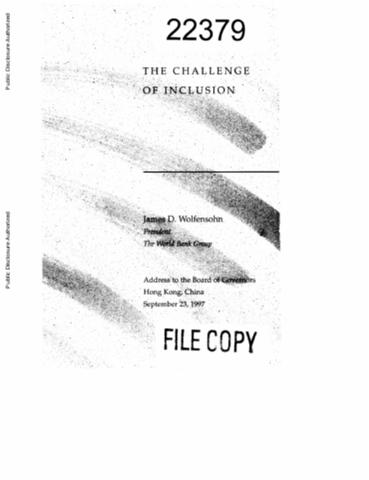Peasant Logic, Agrarian Policy, Land Mobility, and Land Markets in Mexico
Mexican rural reform has questioned the role of the peasantry and private national producers in agriculture. The reform followed a neoliberal paradigm for incorporating the nation into the global village. As part of a government strategy, land reform in Mexico aims to change entrepreneurial and land tenure patterns in rural areas into an individual, private, large-scale, and capitalist productive structure, and the land market is vital in allowing the land transfers needed to change the land tenure pattern.






